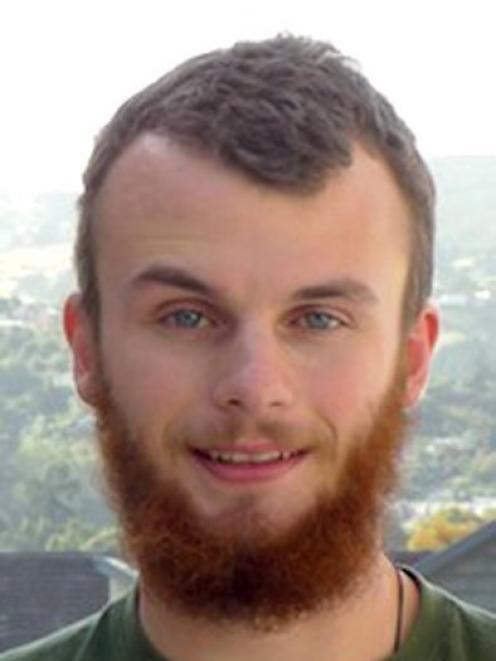Science
Dr. Trainor Receives $820,000 Fellowship for Quantum Research

Dr. Trainor, a postdoctoral fellow at the University of Otago, has been awarded the prestigious Royal Society Te Apārangi Mana Tūāpapa Future Leader Fellowship worth $820,000 over the next four years. This funding will support his research into the potential of crystals for use in quantum memory storage, a technology that could revolutionise computing, security, and networking.
Advancing Quantum Technology through Crystals
Dr. Trainor’s research focuses on developing novel materials and optimising conditions necessary for using crystals in quantum applications. His team has shown that specially lab-grown crystals doped with rare earth elements, such as erbium and neodymium, demonstrate significant promise for optical quantum memory. These rare-earth-doped magnetically ordered crystals could play a crucial role in the future of data storage.
The research involves cooling these crystals to temperatures lower than outer space and employing laser pulses to manipulate the elements. Dr. Trainor explained, “I have been using such crystals to store single particles of light—photons—and recall them, which could be used as part of a future quantum network.” His work aims to explore and characterise these crystals further to understand the conditions under which they operate most effectively.
Dr. Trainor believes that advancing this technology is a vital step toward the real-world utilisation and commercialisation of quantum technologies. The fellowship enables him to delve deeper into this field, which has far-reaching implications for various industries.
Other Fellowship Recipients and Their Research
Alongside Dr. Trainor, several other researchers from the University of Otago have received Mana Tūāpapa Future Leader Fellowships. Dr. Alice-Roza Eruera will investigate ancient viruses and their evolution, assessing their potential applications in biotechnology and medicine. Dr. Rebecca French is set to study the viruses carried by rats in New Zealand and their implications for human health.
Dr. Caitlin Owen aims to create a more transparent and energy-efficient system for automated machine learning, while Dr. Wahineata Smith will focus on the experiences of Māori and Tongan families raising children with dual heritages. Collectively, these projects reflect a commitment to advancing knowledge across various fields.
Additionally, Professor Neil Gemmell from the University of Otago received the Royal Society Mana Tūārangi Distinguished Researcher Fellowship valued at $220,000. His research will explore the critical role of mitochondrial DNA in fertility, ageing, and health, utilising the latest genetic tools. “This work will enhance our understanding of the mitochondrial genome’s sex-specific influence on fitness, behaviour, health, and ageing,” he stated.
Overall, these fellowships not only highlight the innovative research being conducted at the University of Otago but also underscore the importance of funding in facilitating advancements that may reshape our understanding of technology and health.
-

 Sports2 months ago
Sports2 months agoNetball New Zealand Stands Down Dame Noeline Taurua for Series
-

 Entertainment2 months ago
Entertainment2 months agoTributes Pour In for Lachlan Rofe, Reality Star, Dead at 47
-

 Entertainment3 weeks ago
Entertainment3 weeks agoNew ‘Maverick’ Chaser Joins Beat the Chasers Season Finale
-

 Sports2 months ago
Sports2 months agoSilver Ferns Legend Laura Langman Criticizes Team’s Attitude
-

 Sports1 day ago
Sports1 day agoEli Katoa Rushed to Hospital After Sideline Incident During Match
-

 Politics1 month ago
Politics1 month agoNetball NZ Calls for Respect Amid Dame Taurua’s Standoff
-

 Entertainment2 months ago
Entertainment2 months agoKhloe Kardashian Embraces Innovative Stem Cell Therapy in Mexico
-

 World3 months ago
World3 months agoPolice Arrest Multiple Individuals During Funeral for Zain Taikato-Fox
-

 Sports3 months ago
Sports3 months agoGaël Monfils Set to Defend ASB Classic Title in January 2026
-

 Entertainment1 month ago
Entertainment1 month agoTyson Fury’s Daughter Venezuela Gets Engaged at Birthday Bash
-

 Sports1 month ago
Sports1 month agoHeather McMahan Steps Down as Ryder Cup Host After Controversy
-

 World2 weeks ago
World2 weeks agoSevere Winds Hit New Zealand, Over 100 Flights Canceled





















